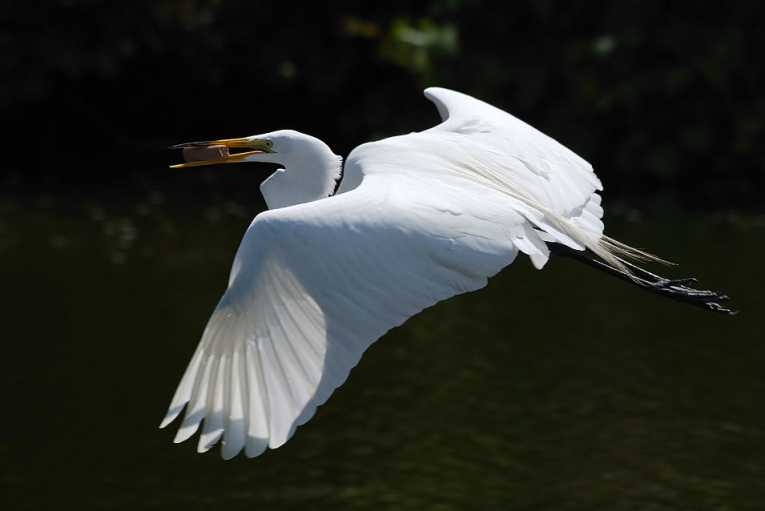The debate between nature and nurture first began in the mid-19th century when Charles Darwin's cousin, Francis Galton raised the question of whether hereditary or environmental factors were the prime influences with respect to social advancement.
Galton was actually a man of many parts. He was the man who devised a system of identification using fingerprints and his researches into colour blindness and mental imagery were also of great value.
He had been very much influenced by Darwin's book The Origin of the Species that had been published in 1859. Prior to that period it had usually been understood that by divine decree everything had its place in life. In short, some people and races were born with more intelligence than others, with some being destined to lead and others to serve.
Galton questioned this, believing that in many cases an individual's environment had a greater influence than hereditary factors. This is now accepted as good science and these days strong efforts are being made to ensure that disadvantaged young people receive the same educational opportunities as those from more favourable backgrounds.
Galton's theories also apply on a smaller scale when applied to individual family life. If parents live a life of stress, it is almost inevitable that their children will also suffer. A quiet, well ordered life usually produces a contented, motivated child.
Interesting research has recently been carried out in France and Austria to study the influence of adult birds on the behavioural development of their chicks. The researchers have shown that groups of quails that are housed together behave much more aggressively towards each other when the composition of their group is changed. Parallel to this, it was discovered that the level of steroid hormones in their blood increased as the group composition was disrupted.
Researchers also found that when mothers were subjected to social stress of this kind their eggs had significantly higher levels of testosterone. These results are consistent with other studies that showed that house sparrows, American coots and common starlings all lay eggs with higher testosterone when they breed in dense colonies, rather than when they nest in isolation.
The Franco-Austrian research has gone further. This has shown that eggs from hens under social stress hatch later and chicks grow more slowly after hatching. There are also indications that the chicks behave differently, being more cautious and susceptible to disturbance
The results show how much the growth and behaviour of chicks is influenced by the concentrations of steroid hormones in the eggs from which they are hatched. Erich Mostl of Vienna's University of Veterinary Medicine points out that we were already aware that stress on female mammals influences the development of their young, but it came as some surprise to discover that social stress had a similar effect on birds and their eggs.
It seems that pre-natal nurture is extremely important in birds as well as mammals and this finding is sure to add fresh fuel to the century-old nature versus nurture debate.










